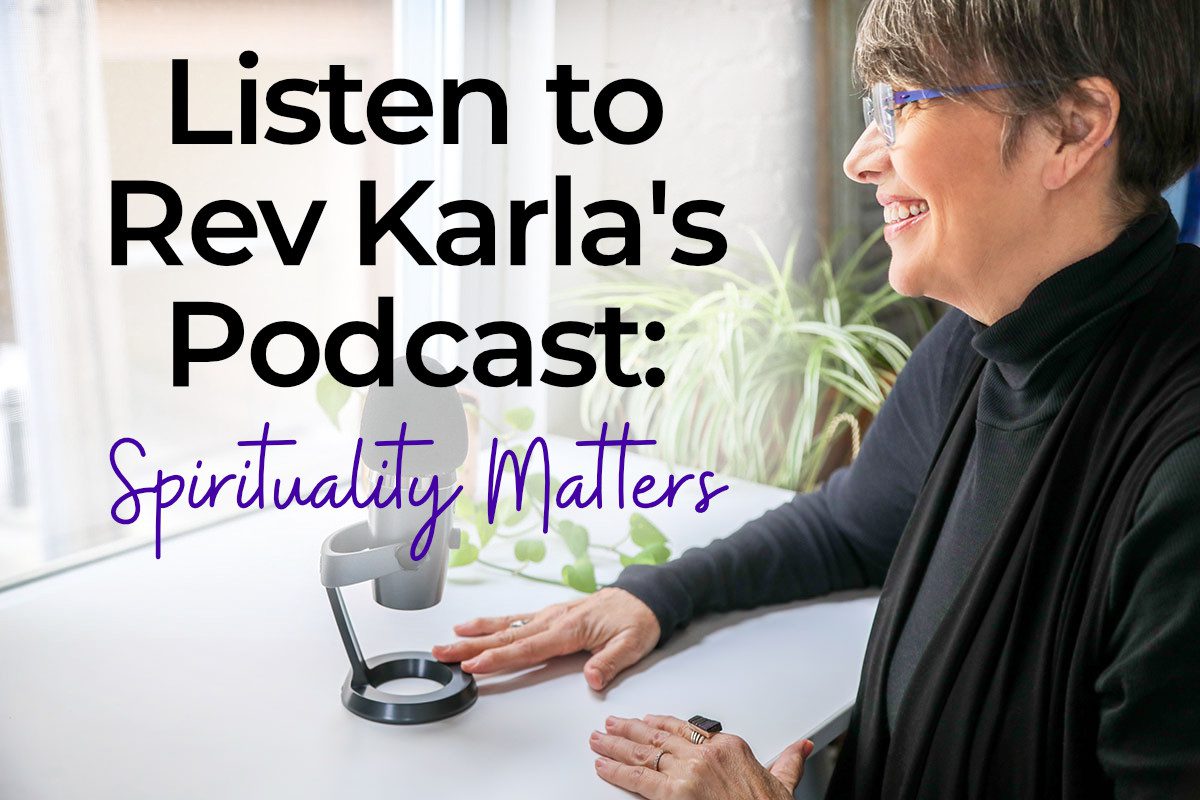Preparing to Receive the Holy
The holiday season for Americans officially kicks off with Black Friday — a highly commercialized shopping day filled with deep discounts and frantic shopping. That type of shopping isn’t for everyone, including me. The thought of massive crowds and endless lines are enough to keep us safely at home while the most intense of shoppers battle it out for this year’s bargains.
Throughout shopping malls and restaurants, holiday decorations will reflect not only the heavy commercialization — but the Americanization — of seasonal decor. This decor may vary slightly in color and theme but will leave no doubt that its primary connection is to traditional Christmas-themed decorations.
In some ways, this makes sense. Although the founding fathers created a platform that separated church and state, many of us grew up singing songs like “Away in the Manger” in public school and hearing stories of Jesus’ birth in public classrooms. It wasn’t until recently that the shift from Christmas pageants to holiday pageants and Christmas break to winter breaks began to happen.
But not without backlash. Each year, there seems to be a new campaign by some Christians to make Christmas the primary reason the holiday season is upon us, ending with Christmas Day on December 25. The shift toward diversity, tolerance and acceptance of the many religious holidays occurring this time of year, however, becomes more prevalent as more humans insist that the table of humanity be large enough to embrace the many paths to God by acknowledging those religions’ Holy events that occur during the holiday season. Events like Bodhi Day, Hanukkah, St. Nicholas’ Day, and even days with indirect ties to religion such as Kwanzaa, Boxing Day and Yule arrive in this season and are deserving of space at the table of spirituality.
Out of all the religious holidays found throughout this holiday season, Christmas is the only one that is a national holiday here in America. Rooted in this nation’s Christian heritage, there is no indication this will change, making the “threat to Christmas” banter seem, from where I stand, more petty than valid.
And I am a Christian — a Christian who delights in my childhood memories of Christmas mornings, Christmas pageants, Christmas breaks and Christmas gifts.
Has the world changed in my 59 years of being on this planet? Indeed it has. Specific to Christmas and the holiday season, those changes have softened the edges of the season by allowing room for other religious holidays to have space where, to be perfectly candid, that space — and then some — should have been all along.
Christmas is not threatened by wishes of “Happy Holidays” and winter breaks instead of Christmas breaks. Christmas is threatened by those who insist that the only sacred path from Thanksgiving to the end of December is through the Christian narrative. The beautiful blending pot of humanity that is discovered as worldwide travel has increased (pre-pandemic of course) and through technology invites us to explore and learn of traditions around the world. This keeps us awake and desirous to honor others’ spiritual journeys.
In my opinion, Christianity suffers if it insists that the only way to honor Jesus is by silencing the voice of another. That is the antithesis of Christ’s teaching to love your neighbor as yourself.
In an article published in Christianity Today, W. David O. Taylor, professor of Theology at Fuller Seminary, posits that Christians who insist that “Christ be put back in Christmas” are missing the point if their only offense is how we greet one another this holiday season. Taylor argues that the Jesus story has become so muted that the vast majority of Americans — even Christians — do not fully know or understand the entirety of Jesus’ birth story as told in the Bible.
In other words, the “war on Christmas” that some Christians are fighting is fighting the wrong battle. I would agree. The world is indeed changing, and one of the ways this is happening is that people do not respond positively to demands from others that their way is the only way, This is relevant for the holiday season as well.
Seeking to mute the many paths to God, as well as ancestral rituals surrounding the winter solstice, does not honor one’s religious beliefs — it mocks its most sacred of teachings to “love God and love thy neighbor.” It’s a distraction from one’s own spiritual journey that should be rich with traditions and personal sacred practices that expand the heart, connect the soul and remind us of our common bonds instead of focusing on our differences.
There is no war on Christmas.
It exists only in the minds of those who insist that a table of spirituality set for all who live here in America is a stain on their religious beliefs. They’d prefer to keep the table small and their voices the loudest, bellowing “Merry Christmas” and scoffing at those of us who insist that “Happy Holidays” does nothing to harm the presence of Jesus in this season.
Sadly, this is yet another debate that will not end with this holiday season. Yet there is room here for the Holy to arrive, in all its various and sacred forms. The Holy doesn’t require the approval of one specific belief to exist.
The Holy just is.
No matter how hard one tries to harness and control, it is a futile effort. Because the Holy lives in the hearts and souls seeking to understand and connect with this Divine mystery.
And so it is.
And so I say, “Happiest of Holidays, Beloved. Happiest of Holidays.”
Blessed be.


